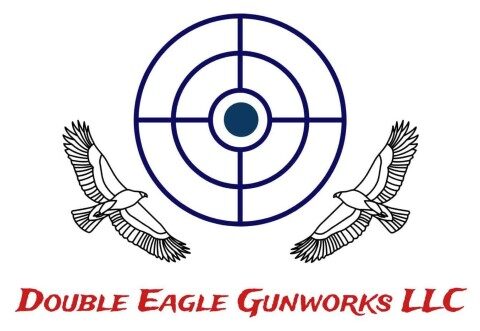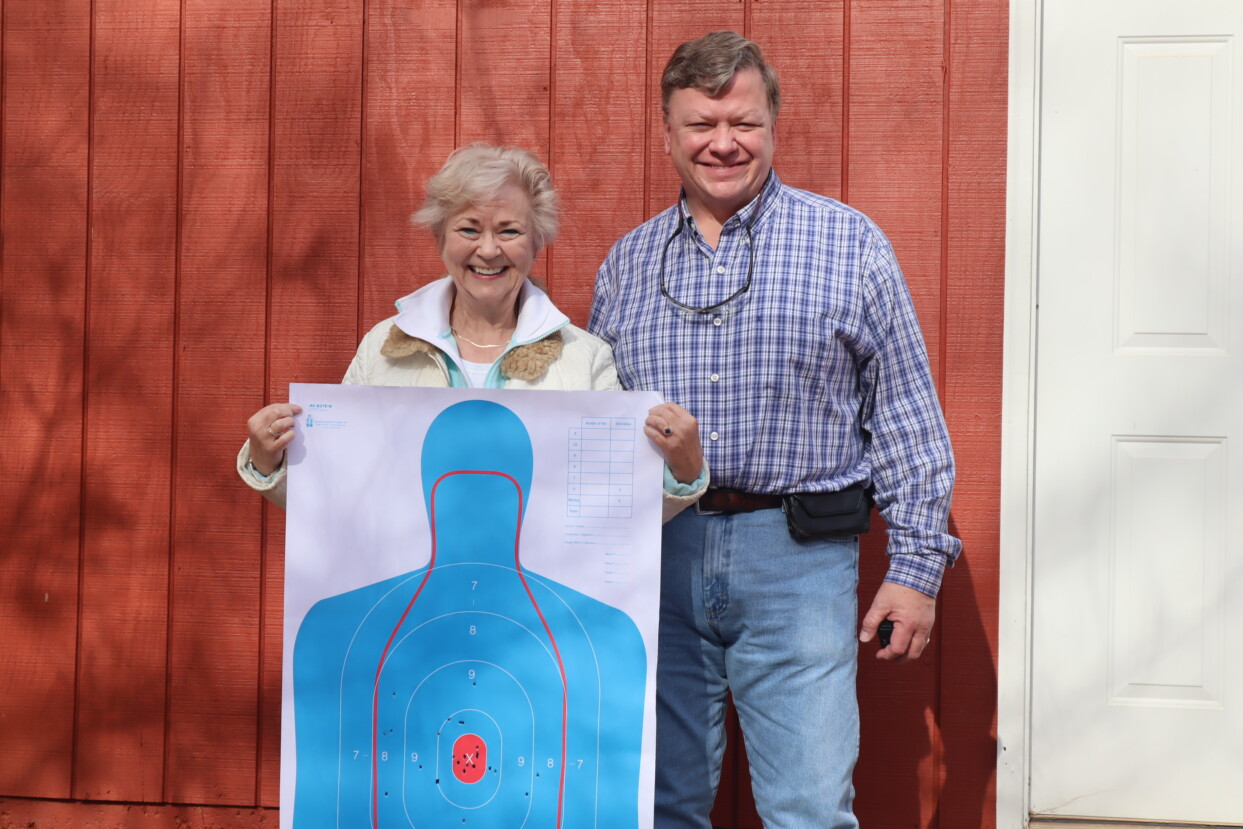Have you thought about where you might want to carry your gun? My personal philosophy is to have it on me where it is legal to do so and in my car when I visit a place where it is not allowed.
Click this link to scstatehouse.gov to see the law in South Carolina and be sure to review the law in your own state. Go to USCCA.com and find a summary of the law in your state.
The laws can change, so it’s worth a look once a year. Better yet, stay involved in the politics in your state and help shape the laws concerning guns.
THE BASICS
In South Carolina you must hold a Concealed Weapons Permit (CWP) and the weapon must be concealed rather than carried openly. You must carry your permit with you and present it when you deal with an officer of the law.
South Carolina currently honors the CWP permits of
- Alaska
- Arizona
- Arkansas
- Florida
- Georgia
- Idaho
- Kansas
- Kentucky
- Louisiana
- Michigan
- Minnesota
- Mississippi
- Missouri
- Nebraska
- New Mexico
- North Carolina
- North Dakota
- Ohio
- Oklahoma
- South Dakota
- Tennessee
- Texas
- Virginia
- West Virginia
Permit holders from these states must be residents of the issuing state and at least 21 years old. Permission to carry concealed is for handguns only.
Other restrictions may apply and the rules can change, so check the laws before you travel and be aware of the laws in any states you will drive through on your way.
Do not carry a concealed weapon after your permit has expired. SLED (South Carolina Law Enforcement Division) will notify you at least thirty days before your permit expires, but pay attention because you may have changed your address without notifying SLED.
Be aware of the outline of your gun against your clothing. If you accidentally find yourself carrying in a prohibited place because you forgot to leave your gun in the car, you don’t want that lump on your waistband to make it obvious.
The general public may not notice, but police officers and criminals are looking to see who is armed as a matter of habit.
AT HOME
The Castle Doctrine applies in South Carolina. You can carry in your own home concealed or openly.
My house is out in the woods and I can’t see my neighbors or the road unless I squint through the trees, so I carry openly on my property.
In a suburban neighborhood I would be more circumspect. No need to alarm the neighbors or the UPS delivery driver.
You may carry a concealed weapon in your vehicle. The key word here is concealed. Be aware that a firearm you can see from outside the vehicle is not concealed.
Some holstering systems for the car drill a stand into the floor of the vehicle. It’s convenient there, but it doesn’t fit the concealed standard.
AT WORK
Your employer will have internal rules. Businesses tend to shy away from allowing their employees to carry at work because of the implied liability involved in an employee with a gun.
Read the employee handbook and know the penalty. Even if you save the lives of your coworkers by stopping a robbery at the convenience store where you work, your employer may regard you as a publicity risk if you have violated a no gun policy.
The proprietor of a business can carry openly because he is on his own property. The nature of the business will help you determine whether this is a wise choice for you.
IN THE HOMES OF OTHERS
When you visit others you must have their permission to carry in their homes. Most of my friends are fine with my concealed weapon, but I leave the gun in the car if I have any doubt.
GOVERNMENT BUILDINGS
You will not be able to carry in government buildings
- Law enforcement offices
- Correctional institutions
- Detention facilities
- Courthouses
- Polling places
- County offices,
- School offices
Certain public servants such as judges and solicitors do have permission to bear arms in government buildings.
You will not be able to carry at school or college events unrelated to shooting sports. You cannot carry in daycare or preschool facilities.
You may lock the gun in the car while you visit a school. Make sure it is not visible.
It is acceptable to carry a concealed weapon into a roadside rest area or a state or national park but you won’t be able to go into the ranger station at the park with your gun.
PLACES OF WORSHIP
You may carry at church only with the express permission of the governing body of that church.
Your church may have a safety team made up of concealed carriers who quietly monitor the proceedings with an eye to protecting the congregation from troublemakers. See my blog post on the topic.
MEDICAL FACILITIES
Hospitals, medical clinics, doctor’s offices and other places where medical care is delivered are off limits except where expressly authorized by the employer. You must not carry at a bar or restaurant if you are consuming alcohol.
HOTELS
It is acceptable to bring your concealed weapon into a hotel unless the hotel has proper signage prohibiting firearms.
OTHER PLACES OF BUSINESS
Other entities can forbid concealed carry with proper signage. In South Carolina the sign prohibiting concealed weapons must be posted at every entry, including doors used only by employees.
The sign must
- be clearly visible from outside the building
- Eight inches wide by twelve inches tall
- With the words NO CONCEALABLE WEAPONS ALLOWED
- In black one inch tall uppercase type
- At the bottom of the sign
- Centered between the lateral edges of the sign
- It must contain a black silhouette of a handgun
- Inside a circle
- Seven inches in diameter
- With a diagonal line
- From lower left to upper right
- At a forty five degree angle
- That is the diameter of a circle
- It must be placed forty to sixty inches from the bottom of the entry door.
If there are no doors, the sign must
- Be thirty six inches wide by forty eight inches tall
- Contain the words NO CONCEALABLE WEAPONS ALLOWED
- In black three inch tall uppercase type
- At the bottom of the sign
- Centered between the lateral edges of the sign, and
- Contain a black silhouette of a handgun
- Inside a circle
- Thirty four inches in diameter
- With a diagonal line that is
- Two inches wide and
- Runs from the lower left to the upper right
- At a forty five degree angle and
- Must be the diameter of a circle
- Whose circumference is two inches wide.
- It must be placed forty to ninety six inches above the ground
- And posted in sufficient quantities to be clearly visible
- From any point of entry
A property owner has the right to give written permission to select individuals to carry concealed while prohibiting the general public from carrying on the property.
VIOLATION
Carrying concealed with an expired permit may cost you up to a hundred dollars if it expired less than a year ago.
A second offense of carrying in a workplace that does not allow guns may cause a one year revocation of your permit.
Carrying in someone’s home or a prohibited government building without permission can cost you a thousand dollars, a year in prison, and a five year revocation of your permit.
If you enter a place properly marked with a sign prohibiting guns, you must leave when asked or face a fine of up to two hundred dollars or up to thirty days in prison.
If you meet a law enforcement officer in an official capacity, such as during a traffic stop, declare your status as a CWP holder and inform him that you are armed.
If you buy a gun, go ahead and get liability insurance.
I am not a lawyer and I do not give legal advice. Consult your legal advisor or a law enforcement officer for clarification of specific situations.
Watch our videos on the Double Eagle Gunworks channel on YouTube.


